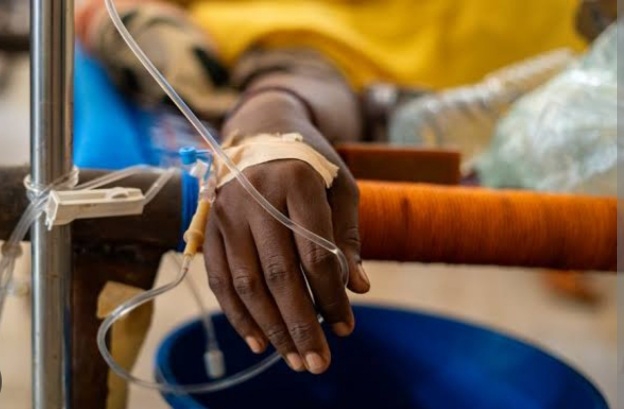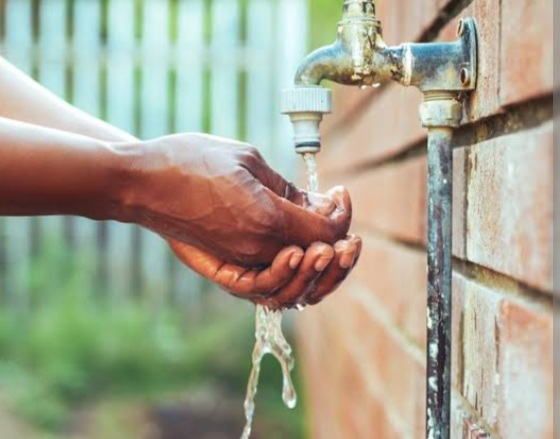The North West Department of Health issued a statement confirming a case of cholera in the Bojanala District. The patient, who was admitted to Life Peglarae Hospital tested positive for cholera following laboratory confirmation from the National Institute for Communicable Diseases (NICD) in earlier April 2025. The case is considered an outbreak, as cholera is classified as a Category 1 Notifiable Medical Condition.
According to MEC Madoda Sambatha, the patient presented symptoms after consuming a fish allegedly caught in the Vaal River while on vacation. He reported to hospital with signs including watery diarrhoea (commonly described as “rice-water stools”), vomiting, dehydration, and leg cramps – all symptoms of cholera.
The patient was isolated immediately after test results were confirmed, and contact tracing was initiated, including at his workplace, a local mine in Northam, to screen colleagues and prevent further spread.
The Bojanala Outbreak Task Team, in collaboration with Municipal Health Services and the Outbreak Response Team, has launched an environmental investigation, intensified community health education, and increased monitoring efforts.
Authorities warn that cholera spreads easily in areas with poor water quality and inadequate sanitation. Contaminated water sources — such as rivers, streams, ponds, lakes, and even tap water — can harbour cholera bacteria.
Transmission can occur through consuming food or drinks washed with or made from these sources, eating raw or undercooked fish from polluted waters, or consuming vegetables fertilised with human waste.
Given the province's high rainfall, the Health Department urges the public to be extra cautious when handling food and water. "Make sure the water you use is safe for drinking, or boil it if you are unsure," said MEC Sambatha. “Cholera is an avoidable disease if proper care is applied.”
In response to growing public concern, the Rustenburg Local Municipality (RLM) released a newsflash on 10 April 2025 reassuring residents that the municipal water supply is safe for human consumption. The municipality stated clearly: “There is no risk of cholera infection related to RLM water supply.”
Residents were urged to rely only on official communications from the municipality and to refrain from sharing unverified messages that may lead to confusion or fear in the community.
TIPS TO PREVENT CHOLERA
• Only drink clean, safe water – Boil or disinfect water if unsure.
• Wash your hands often – Use soap and safe water, especially after using the toilet or before handling food.
• Avoid raw or undercooked fish and seafood – Especially those from rivers or lakes.
• Peel or wash fruits and vegetables with safe water – Avoid using untreated water for rinsing.
• Use proper sanitation – Dispose of human waste safely and avoid open defecation.
• Clean cooking and eating utensils thoroughly with soap and clean water.
Powered by Blogger
Updated: 05 May 2025 Monday
#WolmaransstadLinkNews










